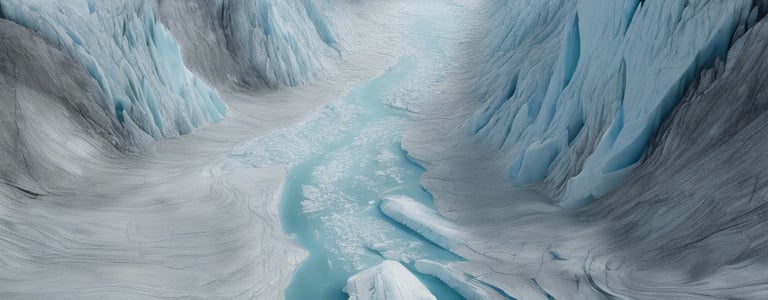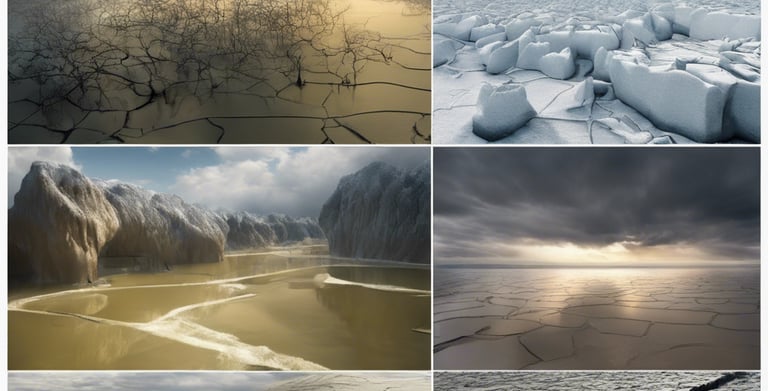Understanding Climate Change
ENVRONMENTEDUCATIONAL
Alic Staff Writer
10/5/20242 min read


Climate change is a pressing global issue that has become a topic of concern for scientists, policymakers, and individuals alike.
It refers to long-term changes in temperature, precipitation patterns, and other aspects of the Earth's climate system.
In this blog post, we will explore what climate change is exactly, its causes, a brief history, and how it affects people's lives.
What is Climate Change?
Climate change is a phenomenon characterized by significant alterations in average weather conditions over an extended period.
These changes are primarily attributed to human activities, such as the burning of fossil fuels, deforestation, and industrial processes.
The release of greenhouse gases, including carbon dioxide (CO2), methane (CH4), and nitrous oxide (N2O), traps heat in the Earth's atmosphere, leading to a rise in global temperatures.
Causes of Climate Change
The primary cause of climate change is the increased concentration of greenhouse gases in the atmosphere.
Human activities, including the burning of fossil fuels for energy production and transportation, contribute to the release of CO2.
Deforestation, which reduces the Earth's capacity to absorb CO2, also plays a significant role.
Other factors, such as industrial processes, agricultural practices, and land-use changes, contribute to the emission of greenhouse gases.
A Brief History of Climate Change
Climate change has been a natural process throughout Earth's history.
However, the current rate of change is unprecedented and primarily driven by human activities.
The Industrial Revolution marked a significant turning point, as the burning of fossil fuels increased dramatically.
Since then, greenhouse gas emissions have risen steadily, leading to a rise in global temperatures and other climate-related impacts.
Effects of Climate Change
Climate change has wide-ranging effects on the environment, ecosystems, and human societies.
These effects include:
Increased frequency and intensity of extreme weather events, such as hurricanes, droughts, and heatwaves
Rising sea levels, leading to coastal erosion and increased flooding
Changes in precipitation patterns, affecting agriculture and water availability
Loss of biodiversity and disruption of ecosystems
Health impacts, including heat-related illnesses and the spread of diseases
Impact on People's Lives
Climate change has profound implications for people around the world.
Vulnerable communities, particularly those in low-income countries, are disproportionately affected. The impacts include:
Food and water insecurity, as agricultural productivity declines and water sources become scarce
Displacement of populations due to increased flooding and sea-level rise
Economic losses, particularly in industries dependent on natural resources
Health risks, including respiratory illnesses and malnutrition
Social and political instability, as climate change exacerbates existing inequalities and conflicts
Conclusion
Climate change is a complex issue with far-reaching consequences.
Understanding its causes, effects, and impact on people's lives is crucial for developing effective mitigation and adaptation strategies.
By reducing greenhouse gas emissions, promoting sustainable practices, and prioritizing climate resilience, we can work towards a more sustainable future for our planet and future generations.




Subscribe to our Email List:
© Copyright 2023 AlwaysLearningIsCool.com. All Rights Reserved
Affiliate Disclosure: “As an Affiliate, Associate, Affiliate Marketer, Amazon Associate, etc., this site can earn from qualifying purchases made through this site.”
Email: Info@AlwaysLearningIsCool.com
